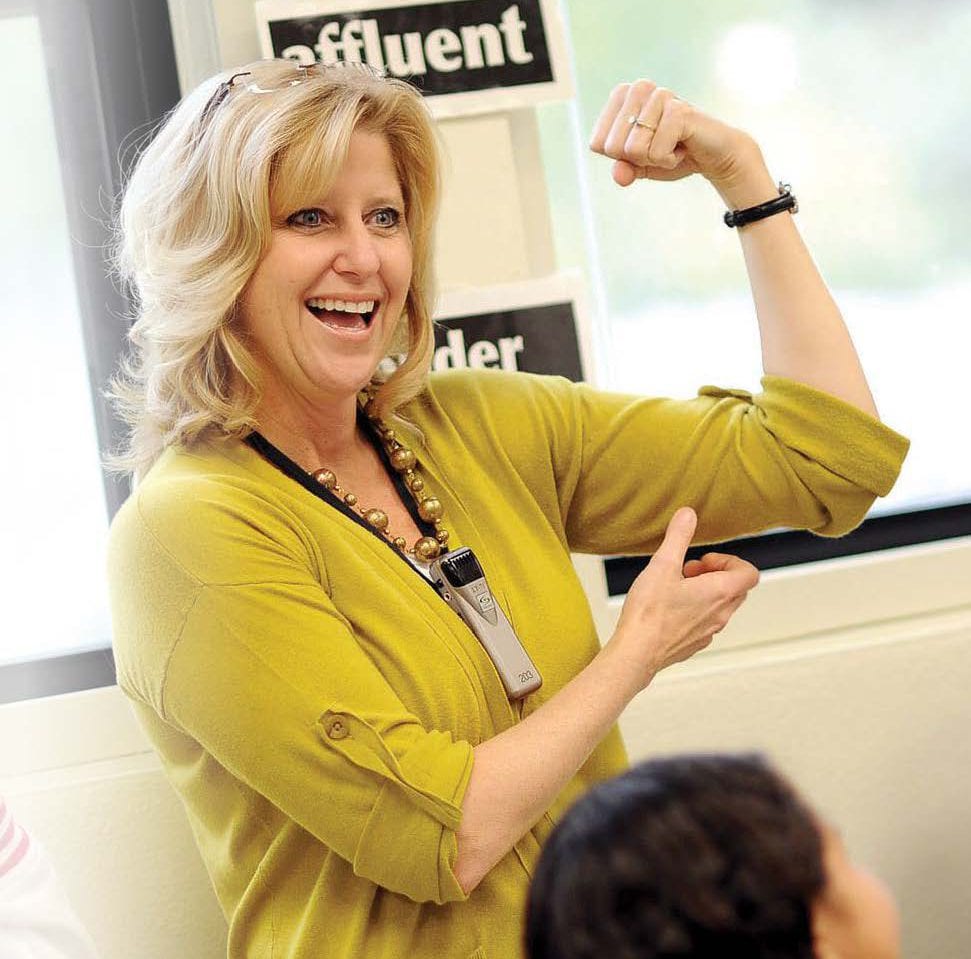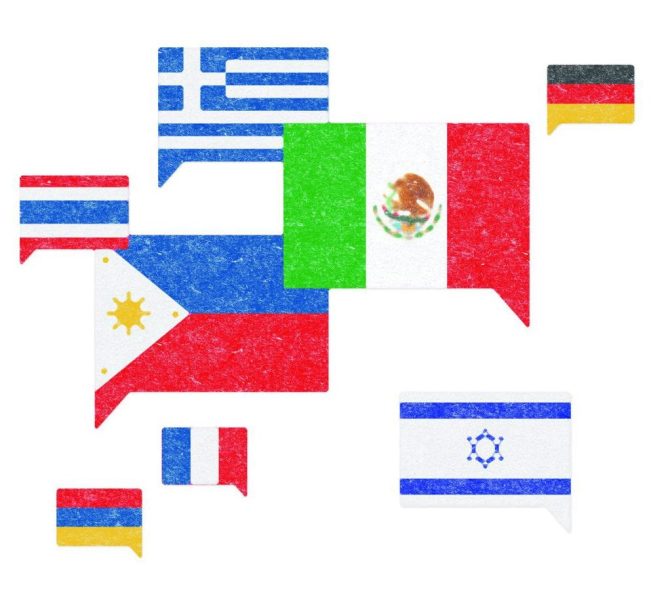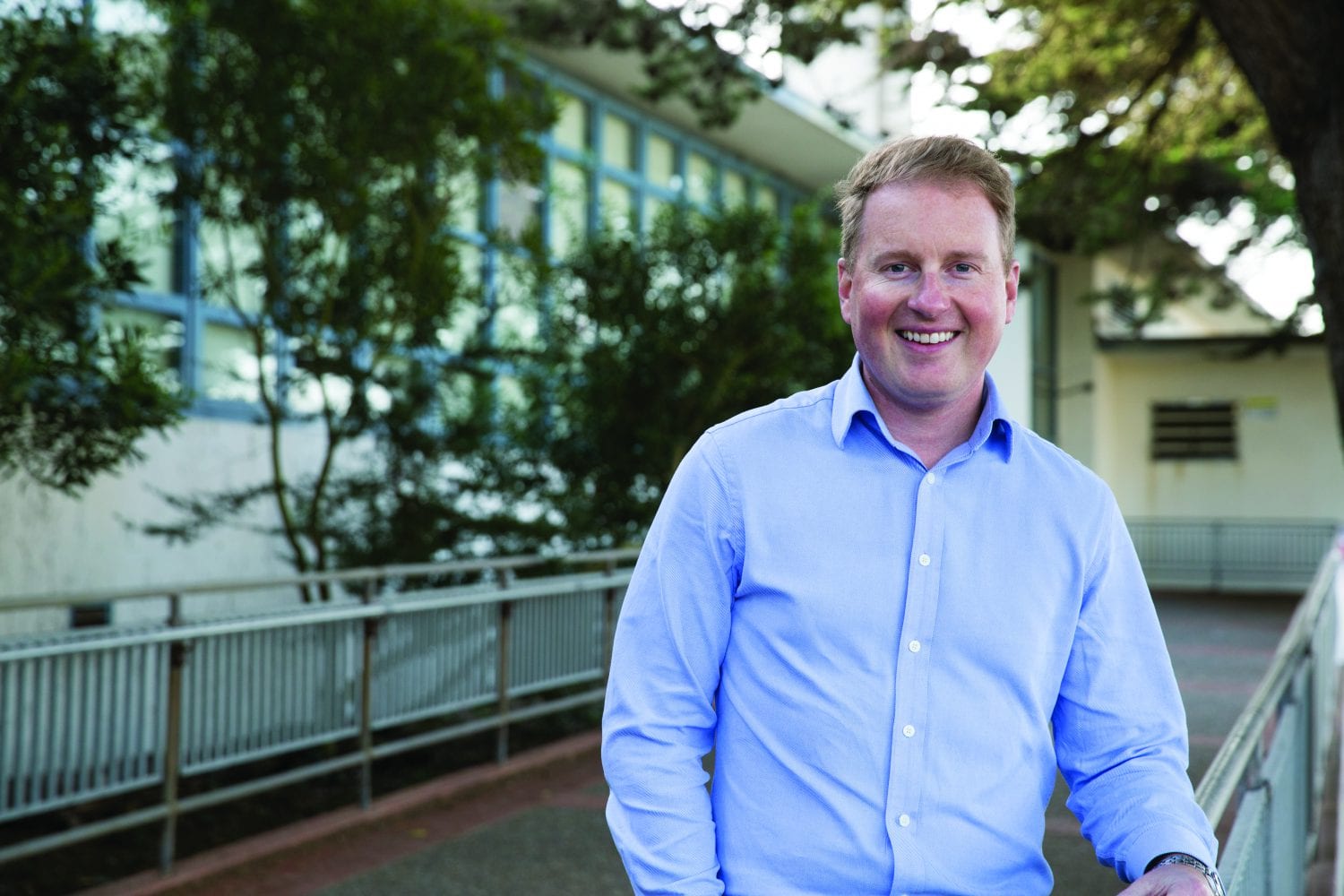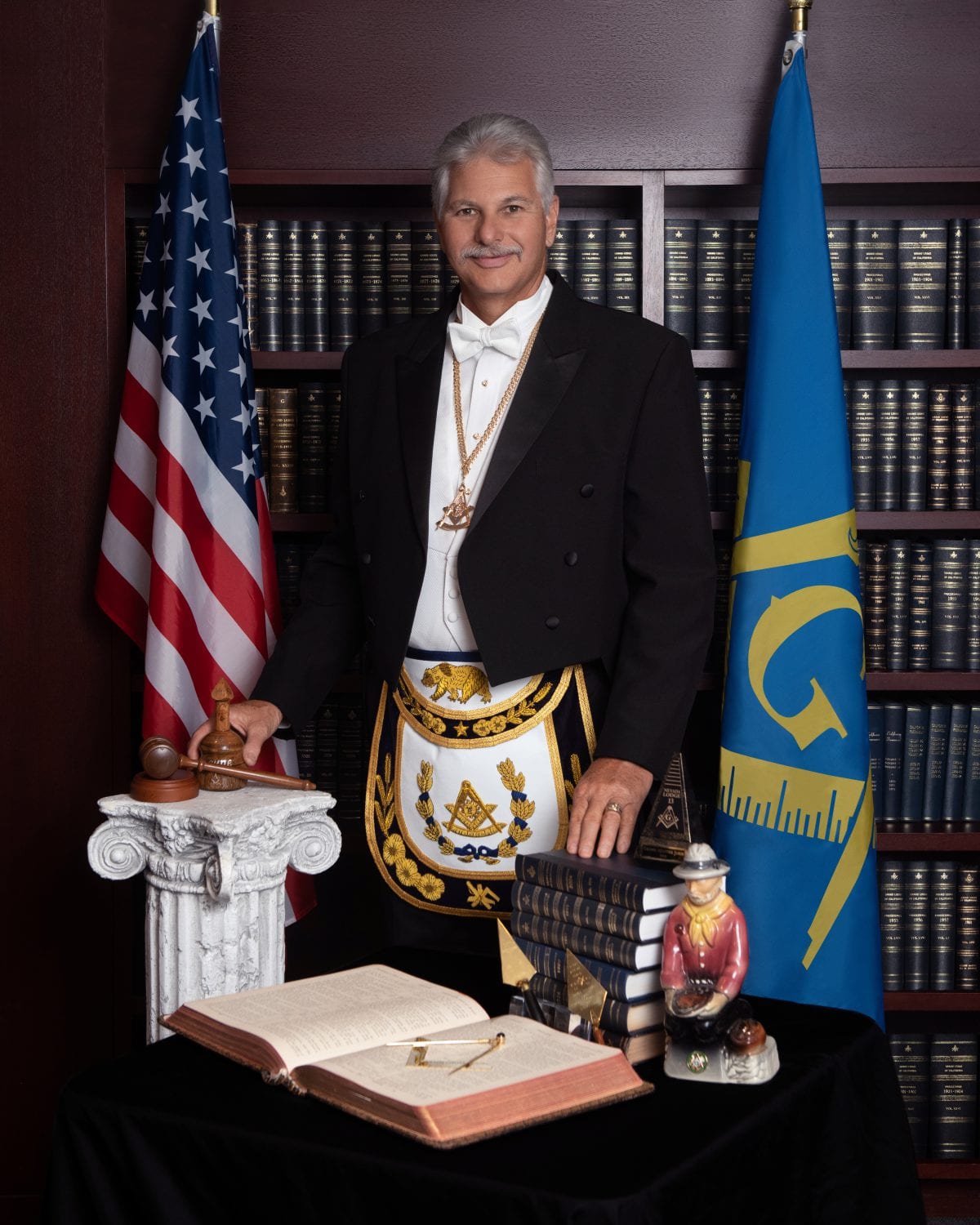
Teacher Knows Best
Former national Teacher of the Year Award winner Rebecca Mieliwocki explains how outside organizations can make a meaningful difference in local schools—no strings attached.
By Ian A. Stewart

Is there a perfect word in Mandarin for “rough ashlar”? How do you say “ark” in Thai? Does the phrase “a sword pointed at a naked heart” make sense in Russian?
The language of Masonry can be all Greek to someone out of the know but this spring a new multilingual degree ceremony will take the tongue twisting even further. The event, technically a mock presentation of the second section of the second degree, will feature a team of Master Masons each performing a portion of the lecture in a different language. So far organizers have recruited speakers to translate and recite sections in Spanish, French, German, Tagalog, Armenian, Mandarin, Greek, Hebrew, and Thai. Nicholas Mitchell, past master of Southern California No. 529, will anchor the ceremony in English. (Although, being British, Mitchell’s role is in keeping with the international vibe.)
The Brotherhood Degree isn’t quite the first of its kind. Several years ago, then Grand Master Russ Charvonia organized a multilingual ceremony—an idea that District VII inspector Jeff Yates and now Deputy Grand Master Art Weiss decided late last year to revive. Other grand officers, including Grand Master John E. Trauner, will be in attendance at this year’s event, which is open to all Master Masons and Fellow Crafts. Says Yates, “When it’s done right, you get a sense that it doesn’t make any difference how we say it. It’s all the same thing—it’s a universal craft.”
Of course, California has a long history of foreign languages in its lodges, beginning with the formation in 1851 of La Parfaite Union No. 17 in San Francisco, which continues to meet and conduct degrees in French. Many others followed: A second Francophone lodge, Vallee de France No. 329 in Los Angeles, was formed in 1897. Two German-speaking lodges surfaced over the years, and San Francisco’s Speranza Italiana Lodge was conducted in Italian from 1872 until 1966. Maya No. 793 began working the degrees in Spanish in the 1990s, as does Panamericana No. 849, formed in 2005—the same year the Armenian-speaking Ararat No. 848 came together.
For Thumper Bloomquist, of Magnolia Park No. 618, finding the precise translation of the ritual isn’t the hard part. Bloomquist, who picked up Thai while serving in the army, says it’s communicating the essence of the story that’s most important. “It’s about putting in your feelings— conveying the message,” he says. “Even in English, some people are great ritualists, and some just do the ritual.”
That idea of Masonry’s universality certainly resonates with Mitchell, who first took his degrees in London. There, he explains, though the ritual was in English, it was conducted in a florid 19th-century prose he says is quite unlike that of California’s ritual. “When I came here, I found that the way the degrees are presented is very different, but the content’s the same,” he says. “Honestly, I find that one of the most amazing parts of Freemasonry.”
Mock presentation of the Fellow Craft
Burbank Masonic Center
March 19
Dinner 6 p .m.
Degree 7 p.m.
Open to all Fellow Crafts and Master Masons ($15)
RSVP required by March 9
secretary@burbankmasoniclodge.com
818.848.3750

Former national Teacher of the Year Award winner Rebecca Mieliwocki explains how outside organizations can make a meaningful difference in local schools—no strings attached.

Members of the Public Schools Advisory Council reflect on the importance of public education to the fraternity.

Grand Master John Trauner reflects on the historical precedent for Masonic support of public schools.